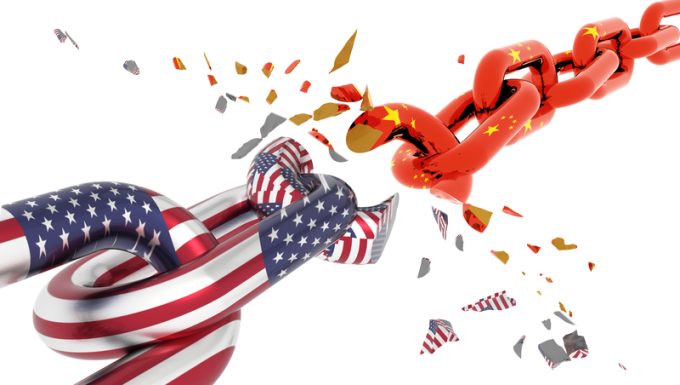LA/LB ports eye record throughput, but there are 'signals of strain'
The main US port complex of Los Angeles and Long Beach is on target for ...

US importers beware: the Department of Homeland Security is increasing scrutiny on goods which may have been made using forced labour.
It has extended restrictions on imports from three more companies in China, which export seafood, aluminium and footwear, adding them to a 68-strong list on the Uygur Forced Labor Prevention Act (UFLPA) entity list.
Since Wednesday, Customs and Border Protection (CBP) have applied “a rebuttable presumption that goods produced by these entities will be prohibited from entering the United States”.
It said: ...
Volcanic disruption at Anchorage could hit transpacific airfreight operations
Macron calls for ‘suspension’ – CMA CGM's $20bn US investment in doubt
Forwarders stay cool as US 'liberation day' tariffs threaten 'global trade war'
Shippers snap up airfreight capacity to US ahead of tariff deadline
De minimis exemption on shipments from China to the US will end in May
Tighter EU import requirements proving 'a challenge' for forwarders
Looming Trump tariffs will create 'a bureaucratic monster' for Customs

Comment on this article